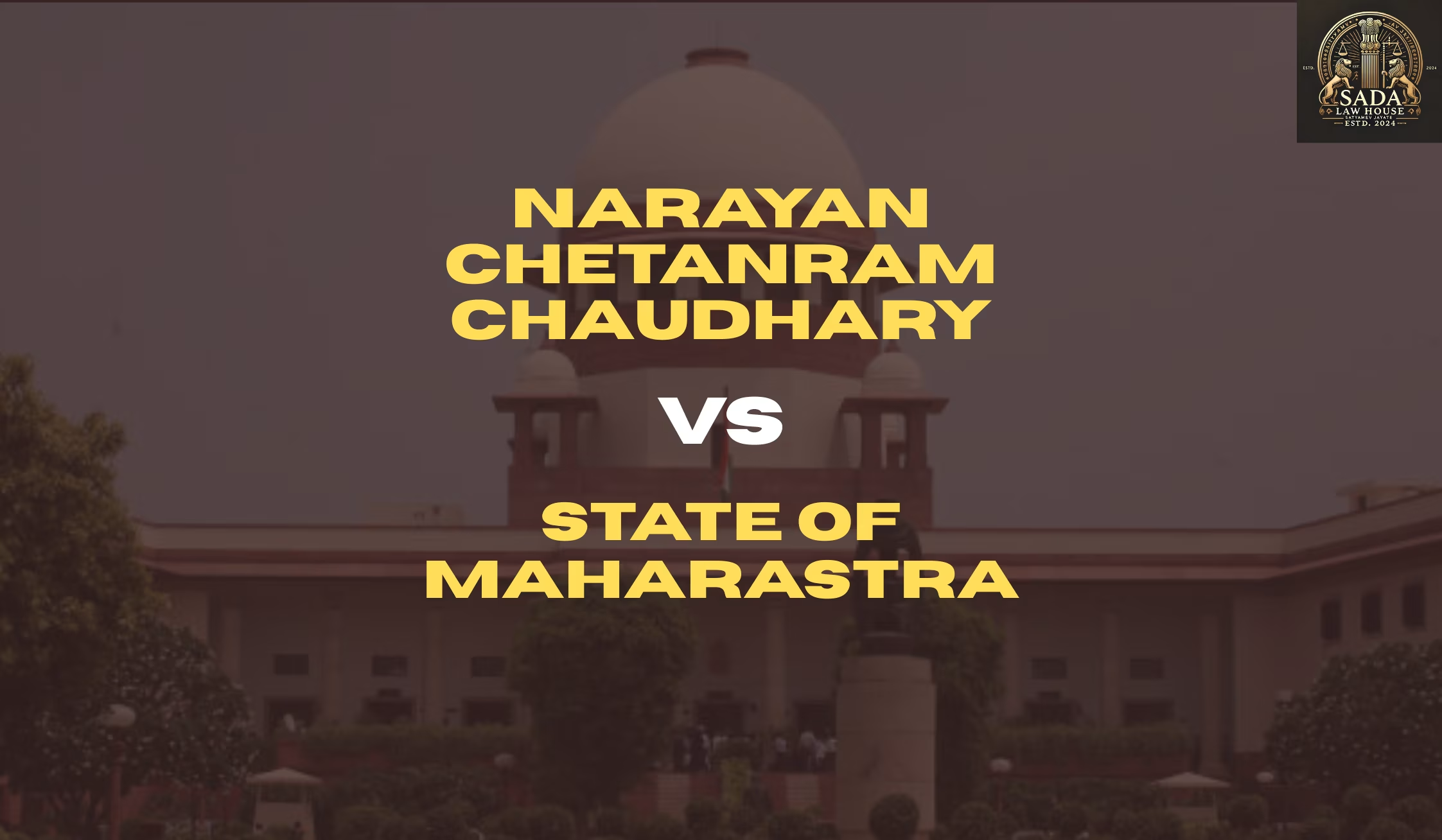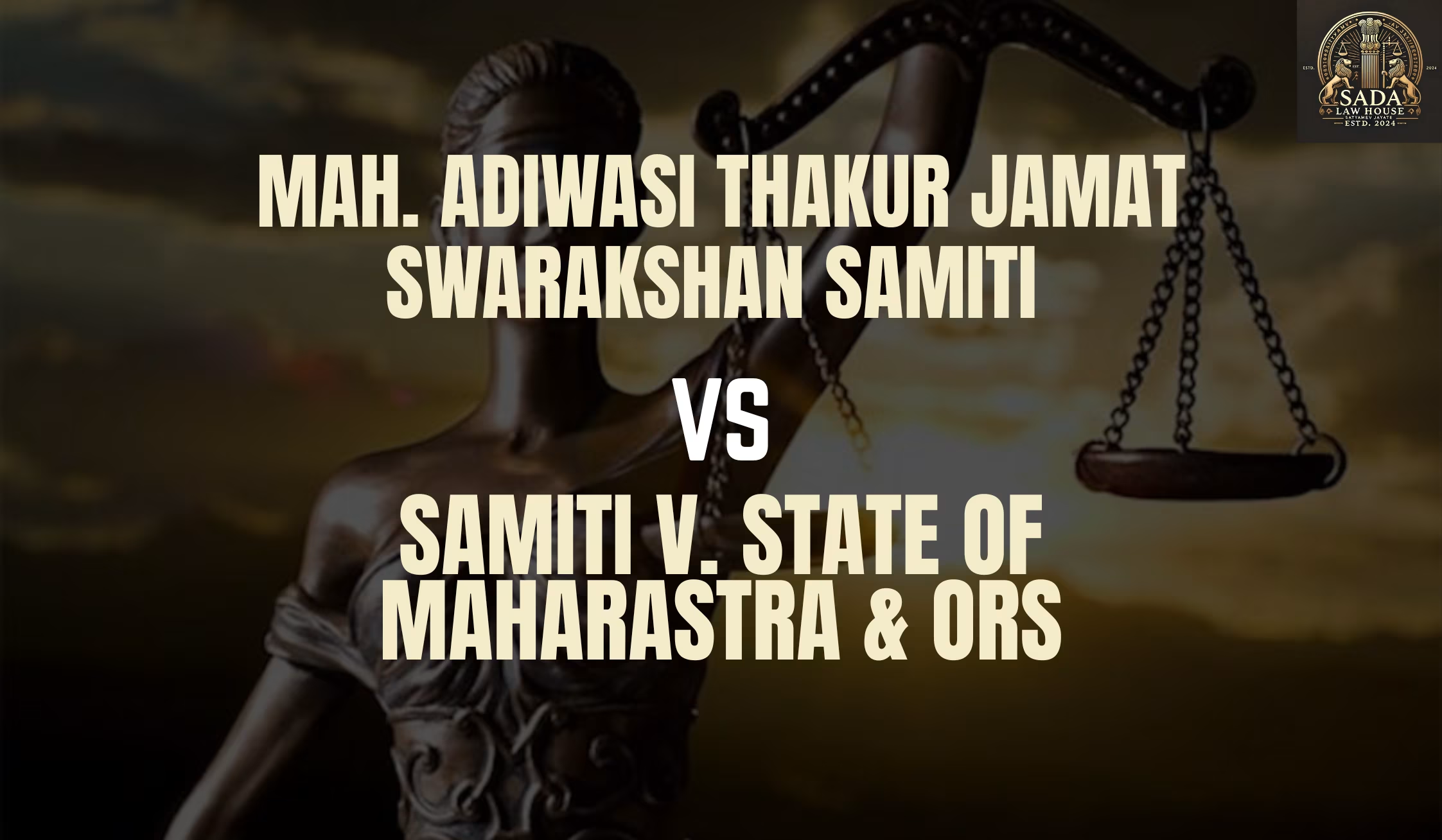Supreme Court’s Landmark Ruling on Nationality Under the Foreigners Act, 1946 – Md. Rahim Ali vs. State of Assam (2024)
- NITU KUMARI
- 06 May 2025

Introduction
On July 11, 2024, the Supreme Court of India delivered a landmark judgment in the case of Md. Rahim Ali @ Abdur Rahim vs. The State of Assam & Ors.. This case revolved around the procedures for determining an individual’s nationality under the Foreigners Act, 1946. The decision highlighted critical issues related to natural justice, procedural fairness, and the burden of proof for establishing citizenship.
Fact of the Case
In 2006, the appellant, Md. Rahim Ali, was accused of unlawfully migrating from Bangladesh to Assam post-1971. A case was referred to the Foreigners Tribunal, Nalbari, by the Nalbari Police Superintendent due to the appellant’s inability to provide valid documentation of entry into India before January 1, 1966.
The appellant appeared before the Tribunal on July 18, 2011, and sought permission to file written submissions. However, he was unable to present his case due to severe health issues.
On March 19, 2012, the Tribunal issued an ex-parte order declaring the appellant a foreigner, citing non-compliance with Section 9 of the Foreigners Act. This section places the burden of proof on the individual whose nationality is in question.
The appellant’s plea was rejected by the Gauhati High Court in 2015, prompting him to approach the Supreme Court.
Issue of the Case
Was the appellant an Indian citizen or a foreigner under Section 9 of the Foreigners Act, 1946?
Did the Tribunal adhere to procedural requirements and principles of natural justice?
Were the discrepancies in the appellant’s documentation significant enough to question his citizenship?
Arguments
Petitioner/Appellant’s Arguments
Unfair Procedure: The appellant argued that the Tribunal’s ex-parte order deprived him of a fair hearing.
Documentary Evidence: He presented voter lists and family records as proof of his Indian nationality.
Minor Errors: The appellant emphasized that small discrepancies in spelling and dates were common in rural areas.
Procedural Violations: Authorities failed to provide necessary documents or justifications, violating principles of natural justice.
Respondent’s Arguments
Burden of Proof: The respondent argued that the appellant failed to establish his nationality as required under Section 9.
Impact of Illegal Migration: The case was deemed critical due to the socio-cultural threats posed by illegal migration in Assam.
Procedural Compliance: The Tribunal followed due process by notifying the appellant and granting opportunities to appear.
Judgment
The Supreme Court ruled in favor of the appellant, recognizing him as an Indian citizen. The Court found that:
The authorities lacked sufficient evidence to question the appellant’s nationality.
The Tribunal violated procedural fairness by not giving the appellant adequate opportunity to present his case.
Ratio Decidendi
The Court emphasized that natural justice must complement the burden of proof under Section 9 of the Act. Authorities must provide credible evidence or reasonable grounds to suspect an individual before shifting the burden.
Obiter Dicta
Substantial evidence of continuous residency should outweigh minor documentation errors.
In rural areas, authorities must consider the practical challenges of maintaining accurate records.
Guidelines Issued
Authorities must present valid grounds and documentation to initiate proceedings under the Act.
Minor discrepancies in official records should not lead to severe consequences like deportation.
The principles of fairness and reasonableness should guide all decisions.
Conclusion
The judgment in Md. Rahim Ali @ Abdur Rahim vs. The State of Assam & Ors. underscores the need for procedural fairness in nationality determination cases. The Supreme Court’s decision reaffirmed the importance of balancing statutory requirements with the principles of natural justice. This landmark ruling sets a precedent for addressing similar cases under the Foreigners Act, 1946.
Case Laws






